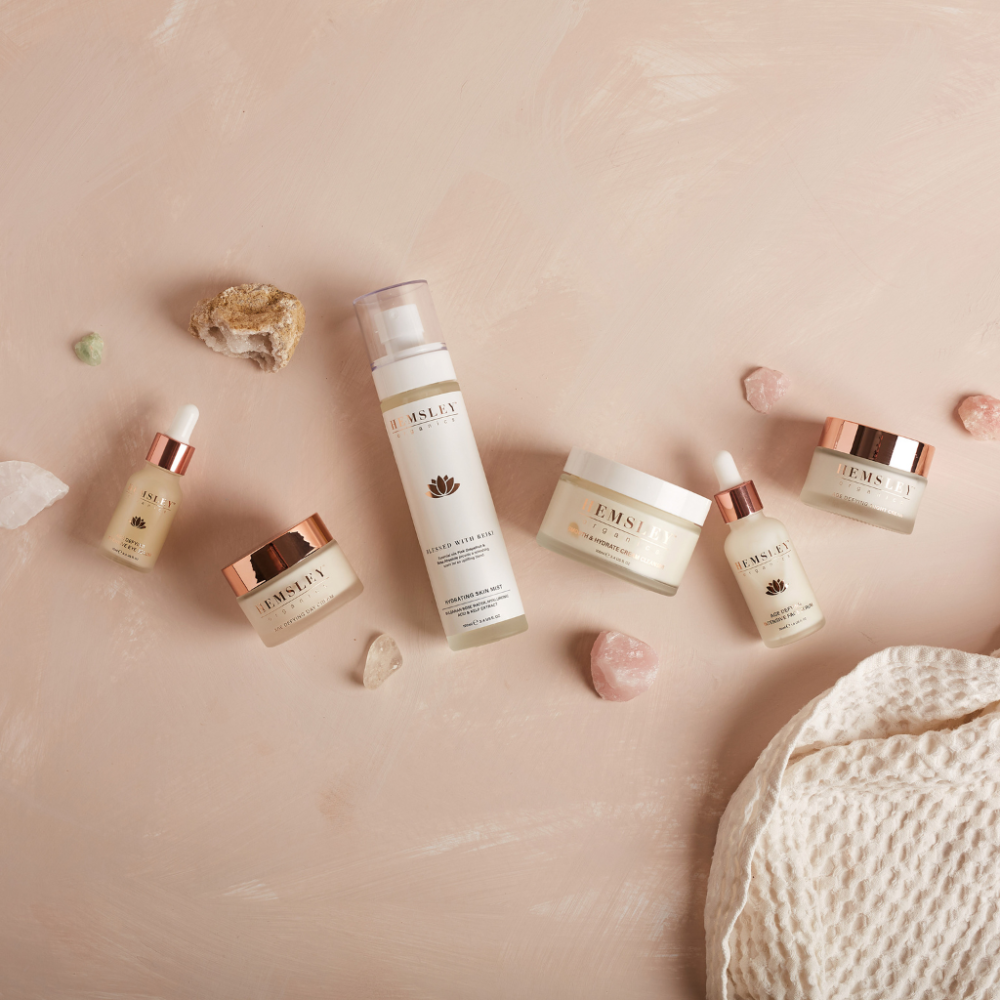The current times are strange, adapting to lockdown and social distancing is something that is new to all of us, and it's ok to have good and bad days as we face this pandemic. There is no doubt that many of us could be experiencing anxiety more frequently, or for the first time. This is why we have put together some useful tips on how to relieve anxiety, reduce anxiety levels and combat the overwhelming feeling.
1. Take time-out.
Dedicate time for you throughout your week and stick to it. Use this time to practice yoga, meditate, listen to music, read a book or learn relaxation techniques. Stepping back from the problem, and taking the time to do something for your well-being helps clear your head.
2. Spend time in nature.
Taking a walk in nature is a perfect way to help 'clear your head'. Being surrounded by trees, grass and flowers is known to boost your mood. Research has shown that direct contact with nature increases mental health and spiritual development. Benefits include stress reduction, a sense of belonging and improved self-confidence.
3. Get enough sleep.
When you are feeling stressed or anxious, your body needs additional sleep and rest. Sleep is vital to your physical and mental health, as well as helping to improve your anxiety, a regular good night's sleep can make you feel more alert and refreshed, helping you to function well in everyday life. When you are feeling anxious, be mindful to get an early nights sleep that day, it will make you wake up feeling better for the new day ahead. If you are struggling to get to sleep, try a chamomile tea before bed and pop 2-3 drops of lavender essential oil on your pillow.
4. Exercise daily.
Exercising daily with help you to feel good and maintain your overall health. Regular exercise has been shown to decrease overall levels of tension, elevate mood, improve sleep and self-esteem. Just five minutes of aerobic exercise a day can begin to stimulate anti-anxiety effects. Forms of exercise you could try are: Running, Biking, Brisk Walking, Dancing and Swimming.
5. Laughter is the best medicine.
That famous saying! But there is some truth behind it, a good laugh has great short term and long term effects. When you start to laugh, you enhance your intake of oxygen-rich air, stimulating your heart, lungs and other muscles, increasing the endorphins that are released by your brain - your 'feel good' hormone. Laughter doesn't just lighten your load mentally, it actually supports physical changes in your body over time. Go on and give it a try! Turn the corners of your mouth up into a smile and then give a laugh, even if it feels a little forced. Once you've had your giggle, take note of how you are feeling. Do you feel more relaxed? Are your muscles a little less tense? Laugh more often, you will feel better.
6. Breathe.
It sounds simple, but take the time to just breathe. Practicing deep breathing techniques for 10 to 30 minutes each day will work to reduce anxiety and reduce stress. Deep breathing increases the supply of oxygen to your brain and stimulates your parasympathetic nervous system, which promotes a state of calmness. Taking a moment for yourself each day to focus on your breathing is really good for your mental well-being.
Try inhaling deeply through your nose for a count of 7, holding that breath for a count of 4, and exhaling deeply through your mouth for a count of 8. Rest for a count of 2 and repeat this pattern 4-8 times daily depending on how you are feeling that day,
7. Talk to someone.
Let friends and family know that you are feeling overwhelmed, or anxious and let them know how they can help you. Talking over your feelings with someone and getting them off your chest, can really help take that weight of you. A problem shared, is a problem halved. Talk to therapist or councillor for professional help, there is always someone out there for you to talk to.
Mind | MindInfoline: 0300 123 3393
Anxiety UK (formerly National Phobics Society) | Helpline: 03444 775 774


